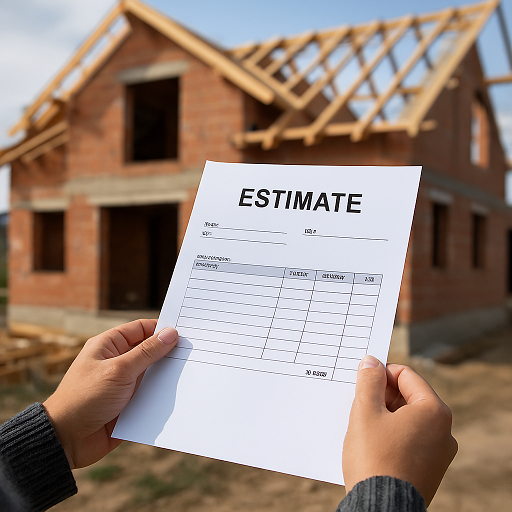Checklist for Determining True Market Value of Homes
- Deen Gabriel

- Jul 24, 2023
- 2 min read
Determining the true market value of a home goes beyond just considering design, amenities, curb appeal, location, and size. While these factors are important, they only provide a partial picture for both buyers and sellers in property transactions. Many professional assessors often overlook critical aspects during valuation, leading sellers to price their properties inaccurately and potentially miss out on the market.

A basic valuation check-list should include:
Location pricing: Consider not only the suburb but also the specific location within the suburb.
Location amenities: Evaluate proximity to schools, shopping malls, and entertainment hubs.
Size: Take into account the number of rooms, bathrooms, and entertainment spaces in the home.
Age: While historic features can add value, modern homes tend to have greater market appeal.
Property amenities: Assess if there are additional features like garages, locked gates, extra parking space, storage, or pools that add value.
Kerb appeal: Well-maintained exteriors attract more buyers.
Renovations: Upgraded kitchens and bathrooms generally command higher prices.
However, in the South African property context, Dart emphasizes the importance of a broader valuation checklist to better gauge the market temperature. This "big picture" checklist includes:
Uninterrupted power: Properties with green energy systems, generators, or reliable power supply systems are in higher demand and achieve better sale prices, especially in areas with load shedding.
Security features: Different levels of home security can significantly affect property values. Homes with better security features tend to be worth more.
Crime rates: The incidence of property crime in a neighborhood can impact property values positively or negatively.
Zoning/development potential: Consider the potential for rezoning and development, as it can influence property value.
Interest rates: Fluctuations in interest rates affect the buyer pool, and valuations during higher interest rate periods should account for this.
The economy: Economic factors like unemployment, wages, cost of living, and currency performance influence the ability of people to buy homes and should be considered in valuations.
For sellers to achieve the highest return on their investments in the shortest time, Dart advises insisting on valuations that consider all these factors and making decisions based on data rather than emotions.
Advantages of Real Estate Developement
Cash flow: Real estate can generate stable cash flow through rental income or profit once the mortgage is paid off.
Appreciation: Property values tend to appreciate over time, making real estate a valuable long-term investment.
Tax concessions: Real estate operators can deduct expenses like interest and maintenance as business write-offs.
Leverage: Consistently servicing a mortgage allows owners to tap into built-up equity or cash out on multiple properties.
Loan pay-down: Renting out a property allows tenants to contribute to the monthly bond repayment, effectively building equity.
Hedge against inflation: Rental income and property value often increase with inflation, providing a hedge against rising costs of living.
Overall, real estate investment can offer numerous financial benefits, but it is crucial to consider various factors to accurately assess a property's market value.






Comments